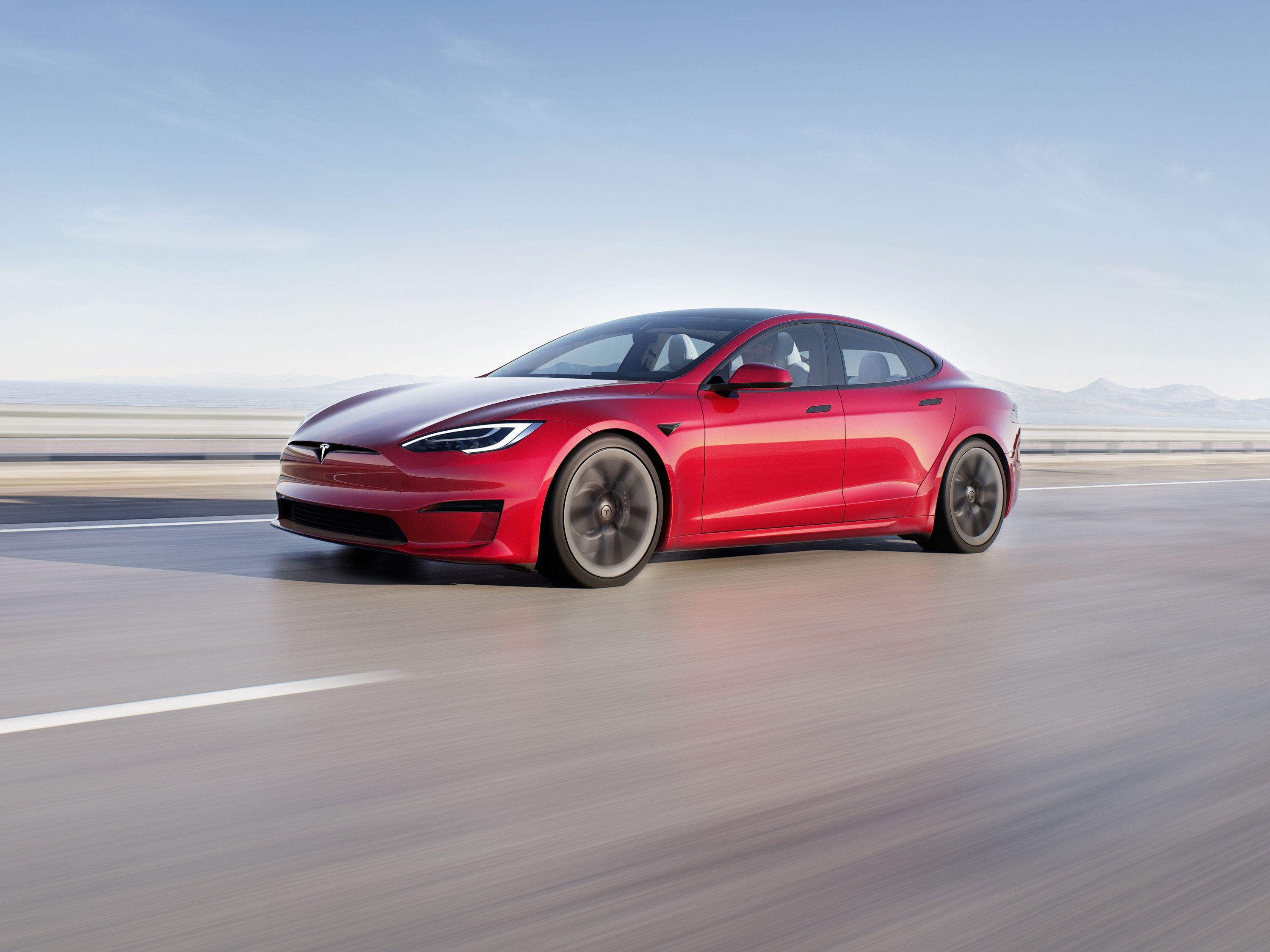
CCC Intelligent Solutions provides digital and data services to insurers, automotive manufacturers, collision repairs centers, and fleet operators. It has access to highly complex data that it translates into usable information annually. The CCC Intelligent Solutions' 2021 Crash Course report was recently published, and Automotive News sat down with CCC senior director and industry analyst Susanna Gotsch. The report revealed some shocking insights into the automotive world, mainly on the vehicle safety side.
In short, the report's central message is that new vehicle supply issues, parts issues, rapid changes in technology, and the COVID-19 pandemic made 2021 one of the most challenging periods for the automotive industry ever.
New technology has made it difficult for dealerships to maintain previous service speed standards. Technology is evolving rapidly, and vehicles often require software upgrades. Technicians at dealerships are often not trained in the new technology. Though the report doesn't say as much, the COVID-19 pandemic and the travel restrictions that came along with it made it extremely difficult to provide training to technicians.
"Service departments are struggling to get the parts needed for repair and maintenance work and keep up with the new technology," said Gotsch. "It will take probably a year or two for people to get up to speed [...] It also requires the dealerships to make significant changes, like having charging stations and different skillsets for their salespeople in terms of how they talk about the features in their vehicles."
As a result of the above, service times and costs have increased dramatically. The average price for vehicle repairs is up by 15% from 2019, the last pre-pandemic year on record. The average part price is also up from $122 in 2019 to $136 in 2021. Repairs are also taking two days longer than usual, while extensive repairs are taking an average of five days longer.
With the increase in driver assistance features, you'd think the above would not be so serious a problem, but the opposite is true. We've long believed that certain driver assistance features are making us lazy drivers, but here we finally have concrete evidence.
The best example of driver assistance is probably Tesla's Autopilot. While we maintain Full-Self Driving is garbage, there's no denying Autopilot is an excellent yet poorly named system. Anyone whose ever driven a Model S will agree. To be fair, MIT also found that Autopilot creates dangerous drivers.
Rather shockingly, car crash fatalities increased by 18% in the first half of 2021. That's the largest increase in 15 years. The number of people driving under the influence of a substance and not wearing a seatbelt also increased.
"There is the worry that adaptive cruise control and other features have led drivers to believe they are safer than they are and not pay attention," said Gotsch. "With adaptive cruise control, the driver may not pay enough attention so that they can take over the control of the vehicle fast enough." Suddenly, the Feds' current crackdown on driver assistance makes sense.
The pandemic was also disruptive enough to cause entire changes in traffic patterns, which led to more accidents. Because of more people working from home, the areas that used to be congested were more open. This led to an increase in speeding during rush hour, causing more accidents than before. Built-up areas are known for not having as much run-off, so these accidents were quite severe. Worse still, speeding in built-up areas increased by 30% during what used to be rush hour.
Essentially, drivers are more complacent than ever and there's nothing about the way new cars are designed and legislated that indicates this trend will ever be reversed. Hopefully, autonomous driving makes great strides soon, because motorists certainly are not.
